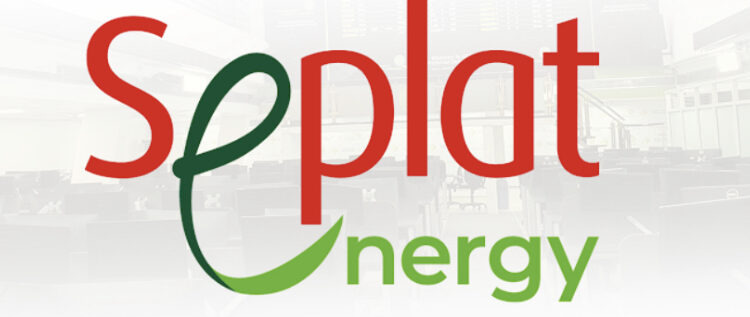Seplat Energy Plc, said the gas resources in Nigeria and other African countries can drive significant developmental gains with minimal impacts on emission.
The energy company stated that gas is the immediate solution to many immediate problems in Africa; thus, there is a compelling development case for investment in the resource.
The director, Strategy, Planning & Business Development, Seplat Energy, Alasdair Mackenzie, said this at the recently concluded World Energy Capital Assembly (WECA) held in London.
He noted that “with gas, significant development gains can be achieved with minimal impact on emissions. Whole of Africa has contributed only three per cent of global emissions since the Industrial Revolution; sub-Saharan Africa less than one per cent.”
Mackenzie noted that there is a strong case for gas as Nigeria’s transition fuel, as it is proven and accepted as transition fuel in developed North; Africa having a large local resources and Nigeria having the largest, with multiple essential uses beyond power.
He added, “Africa’s development will require significant improvements in access to energy. This will result in lower costs, and more reliable energy will drive job creation, prosperity and social development and achievement of United Nations Sustainable Development Goals.”
Speaking on Seplat Energy’s business, Mackenzie said twin ambitions guide the company’s operations and its relationships with stakeholders and the natural world, adding that, “firstly, Seplat Energy builds a sustainable business by driving social development, focusing on environmental care and reporting, and maximising returns for all stakeholders. Also, the Company is delivering energy transition via its upstream, midstream gas and power/new energy businesses.”
He stressed that natural gas is Africa’s logical transition fuel whilst advising a drift towards energy access, which is the reality of a continent in which 600 million people lack access to reliable and affordable energy.
According to him, beyond power, natural gas is essential in many applications such as fertiliser, cement, glass and steel, all of which will be required in billions of tonnes to build and support a modern Africa.



